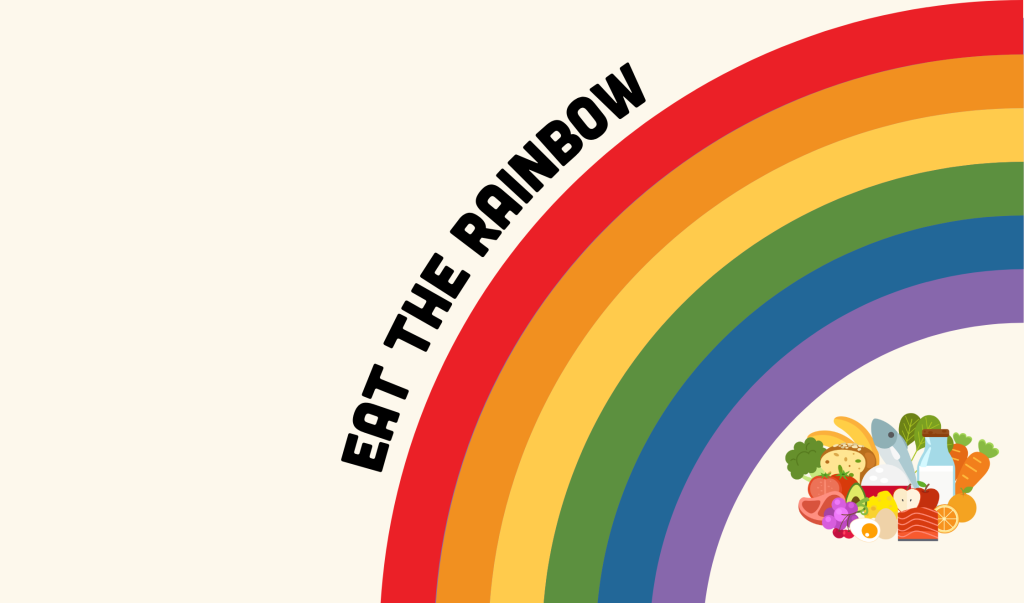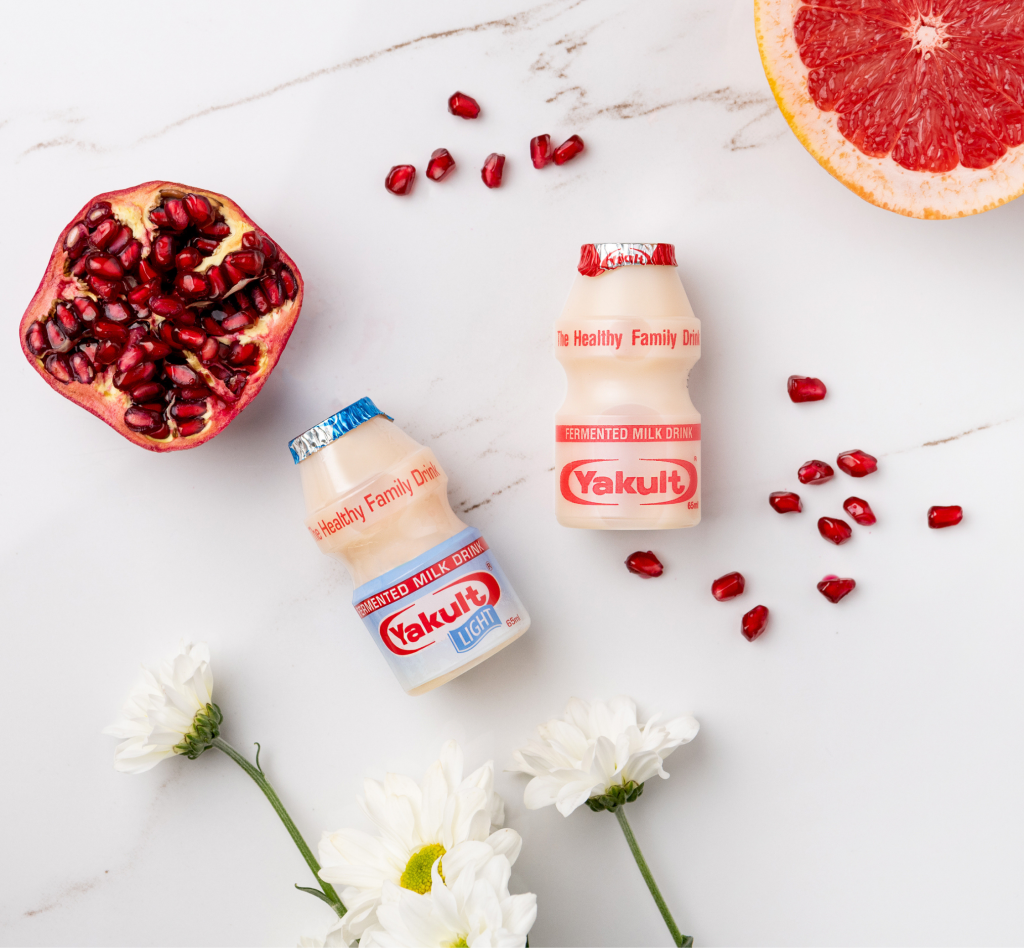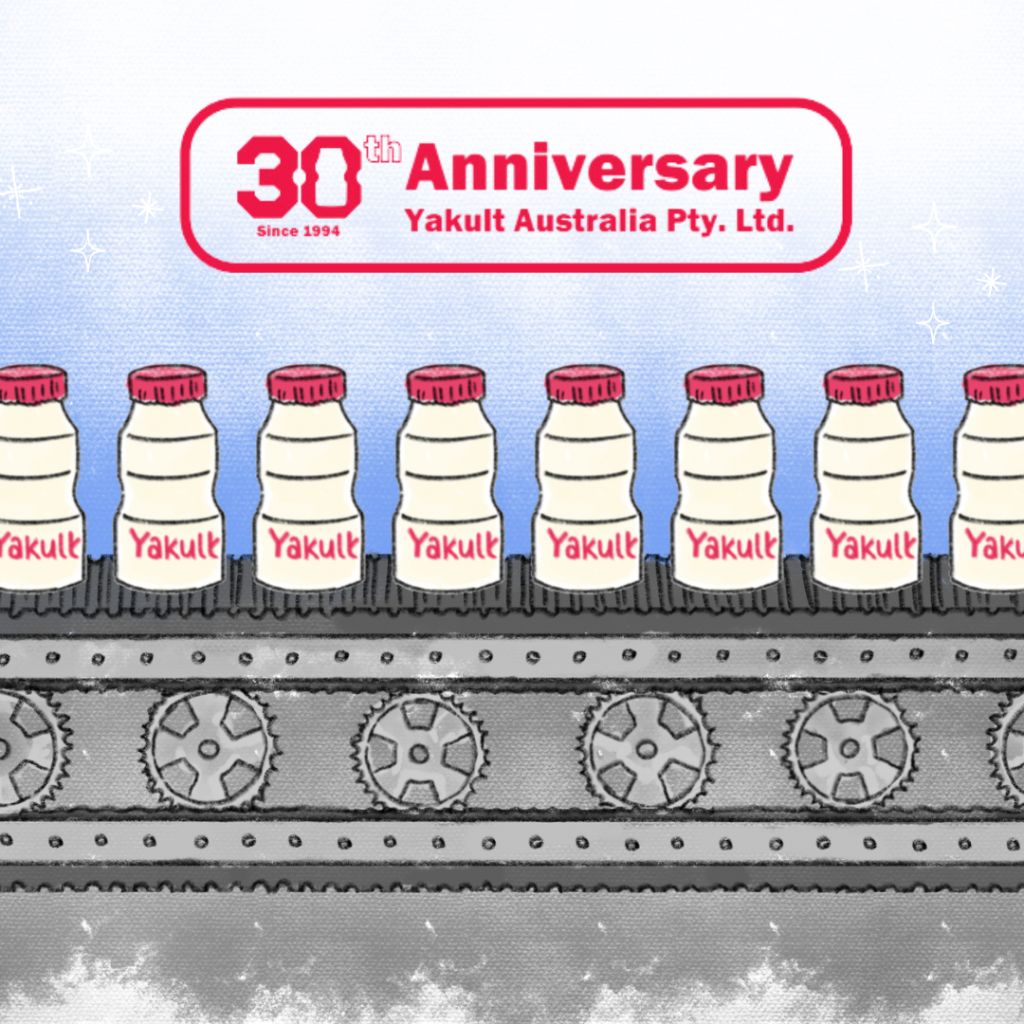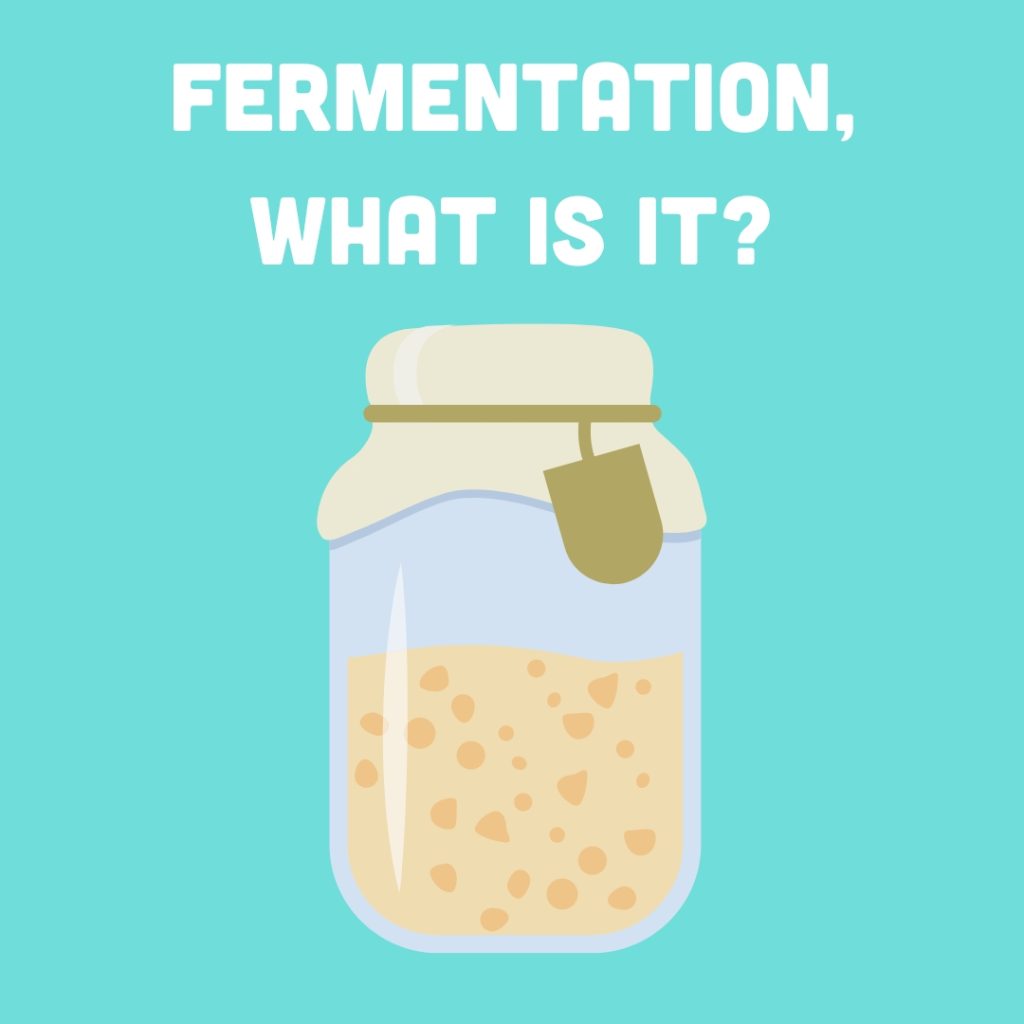Eat the Rainbow: A Colorful Guide to Healthy Eating

Eating healthy can sometimes feel overwhelming, especially when trying to figure out the best choices, portions, and frequency. But it doesn’t have to be complicated! A simple and effective way to build healthy, balanced meals is by following the “Eat the Rainbow” approach. Just like a rainbow is made up of vibrant colours that each […]
Lunar New Year Celebration at Yakult Australia: A Vibrant Festivity of Fun and Tradition

At Yakult Australia, we celebrated Lunar New Year with a burst of joy, creativity, and a lot of festive spirit! As part of our Mandarin tour offerings, we hosted a special Lunar New Year celebration tour, bringing together culture, tradition, and excitement. Visitors had the chance to immerse themselves in Lunar New Year traditions, from […]
Join us on a free Yakult Factory Tour!

Join us on a tour of our Yakult factory! Yakult Australia is pleased to offer free guided tours of our modern manufacturing facility, located at 10 Monterey Road, Dandenong South (VIC). Visitors can safely view the entire production process through large viewing windows. What can I expect when attending a factory tour? On a […]
Dos and Don’ts with Yakult

Yakult is a refreshing probiotic milk drink. However, to get the most out of this healthy drink, it’s essential to know how to store, handle, and incorporate it into your daily routine. Here’s a guide on the dos and don’ts when having Yakult, along with some recipe ideas to inspire you. Dos Keep it […]
Essendon and Yakult Australia: A Winning Partnership

Since 2005, the Essendon Football Club (Essendon) and Yakult Australia (Yakult) have enjoyed a strong and enduring partnership, recently solidified by the extension of collaboration. This renewed agreement highlights the continued mutual value they place on each other, both professionally and within the broader community. Essendon CEO Craig Vozzo praised the longevity and commitment of […]
A Night of Milestones, Memories, and Gratitude

On Saturday, 12th of October 2024, we celebrated the 30th anniversary of Yakult Australia with a grand dinner party at the Sofitel Melbourne on Collins in Melbourne. It was an unforgettable night, brimming with exciting performances and heartfelt speeches. The night kicked off with a stunning performance by Miyake Taiko (三宅太鼓), an exhilarating display of […]
Spot Our Anniversary Vans and More!

As we celebrate our 30th anniversary in Australia, be on the lookout for our Yakult vans on the road across Australia and New Zealand! These vans deliver Yakult to your favorite local spots like supermarkets, cafes, restaurants, bubble tea shops and hospitals that feature Yakult on their menus. You may have already seen them […]
Celebrating 30th Anniversary of Yakult Australia: A Special Tram and Bus Advertisement Campaign

The Tram and Bus Advertisement Campaign What could be a better way to celebrate than by launching a vibrant tram and bus advertisement campaign across Australia and New Zealand? Our tram and bus advertisements feature bright, eye-catching designs that encapsulate the essence of Yakult. With playful graphics, engaging images, and our signature colours, these Ads […]
Celebrating 30 Years of Yakult in Australia

Thirty years ago, the first bottles of Yakult were produced at our facility in Dandenong South, Victoria. This factory, built in 1993, remains the centre of Yakult in Australia, serving as a hub of innovation and quality. As we celebrate our 30th anniversary, we’re excited to introduce our special edition packaging to commemorate this significant […]
Fermentation, What is it?

Yakult is a fermented milk drink available in over 40 countries and regions around the world. Since Yakult is a fermented milk drink, have you ever wondered what fermented foods are and why we eat them? In this article, we will explore fermentation and how fermented foods can be beneficial to those who eat them. […]